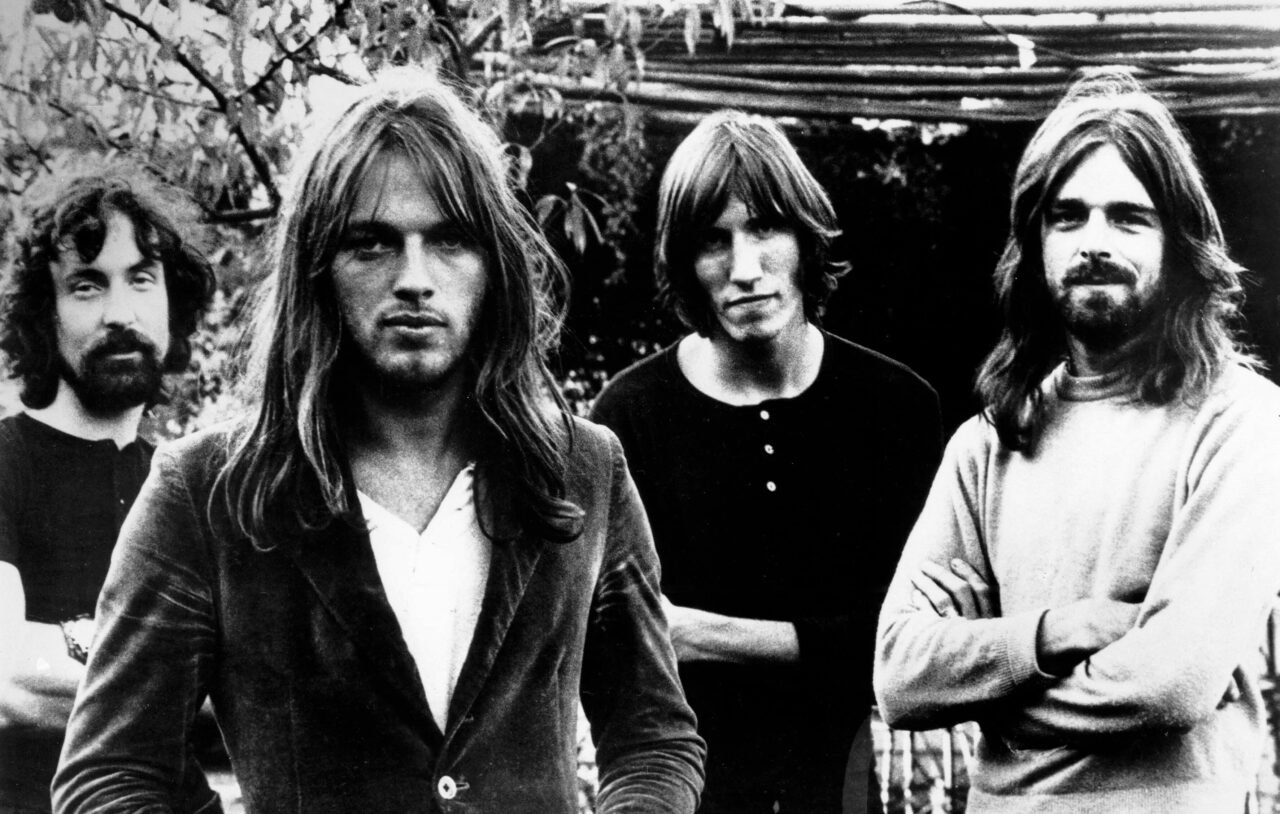In the bustling metropolis of England, Pink Floyd was just one of many ambitious R&B bands when it initially came to prominence in the mid-1960s. But with a crazy figure like Syd Barrett front and center, it wouldn’t take long for the band to find their identity in psychedelic music, emerging as leaders in the genre alongside acts like Cream and The Jimi Hendrix Experience.
Pink Floyd demonstrated beyond all doubt that psychedelic music was the primary inspiration for the prog-rock trend of the early 1970s. After Barrett was fired in the late 1960s and guitarist David Gilmour joined the group, the group kept experimenting with its sound and introduced extended, improvisational composition to rock ‘n’ roll for the first time.
For Pink Floyd, the years 1968–1972 may be seen as a chrysalis age. Though they may not be regarded as the band’s best albums, releases from this era, such Ummagumma (1969) and Atom Heart Mother (1970), functioned as hazy springboards for bigger things to come.
Extended, meandering improvisational sessions produced pieces like “Atom Heart Mother Suite,” which are lengthy and complex. Pink Floyd’s first epic masterwork, “Echoes,” which is more closely linked to the band’s ethereal sound than anything else, was the result of this laborious process in 1971.
With the release of The Dark Side of the Moon in 1973, this chapter of the chrysalis came to an exciting conclusion. The groundbreaking record condensed all that had been discovered during the preceding six years into a single, stylish, and alluring offering. Not only is the album considered the prototypical prog-rock record, but it’s also considered one of the best-ever releases of any genre.
This time, Pink Floyd spared the audience from difficult 20-minute epics, but the album was full of compositions that were purely accidental and spontaneous. For example, pianist Richard Wright composed “The Great Gig in the Sky,” perhaps the most emotionally charged track on the album, and singer Clare Torry added spontaneous, wordless vocals to it.
Wright’s piano had a major role in “The Great Gig in the Sky,” but his skill was evident all throughout the record. Another especially striking chapter, “Us and Them,” was driven by Wright’s jazz-inspired progression, which was supposedly the fortuitous outcome of a studio joke.
In a nearby studio, Wright would record his piano portions for many pieces from Dark Side of the Moon. Roger Waters, Nick Mason, and David Gilmour being young scoundrels at the time, chose to play an old cassette tape and departed from the room. Believing his fellow musicians were performing nearby, Wright started embellishing the song with the piano melody that would eventually become “Us and Them.”
This little example of the positive effects of practical jokes might have contributed to a bullying-filled future, even if the goal was to capitalize on Wright’s brilliance. In an interview with Mojo, the renowned producer and engineer Alan Parsons said it was “one of the best things Rick ever did.”
Listen to Us and Them down below.
